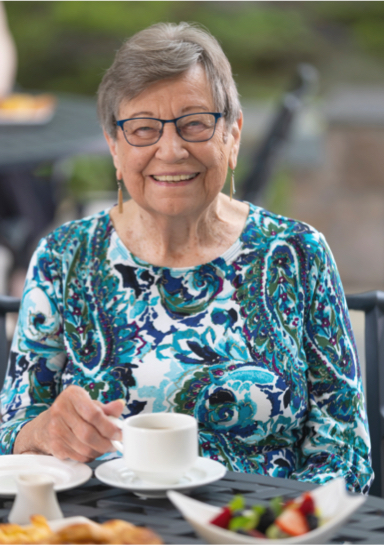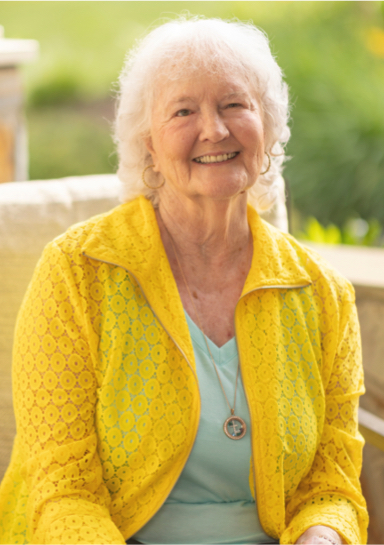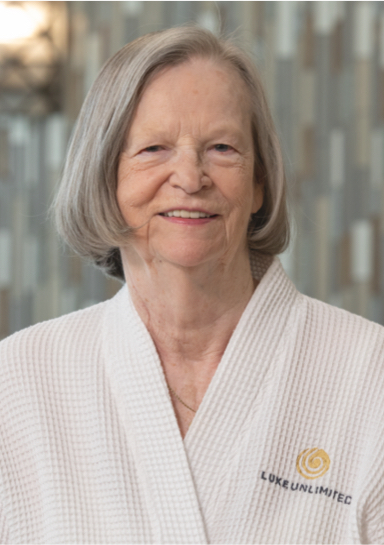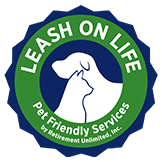If your loved one has been diagnosed with dementia, you’ve likely heard about the FAST scale. But what is it, and how can it help you make informed decisions about their future care? Let’s walk you through everything you need to know about the Functional Assessment Staging Test (FAST).
The FAST scale outlines the seven stages of dementia and what to expect from each stage. Understanding the FAST scale can support your caregiving decisions, and why having access to compassionate memory care can make all the difference in your treatment journey.
What Is the FAST Scale?
The Functional Assessment Staging Test (FAST) is a tool developed by Dr. Barry Reisberg in 1982. This scale breaks dementia down into seven stages, helping caregivers and medical professionals assess a person’s functional abilities and determine the level of care they need. While FAST is most commonly used for Alzheimer’s disease, its principles can be applied to other kinds of cognitive decline as well.
Understanding where your loved one falls on the scale not only provides you with insight into their current abilities, but also helps anticipate future challenges. With this understanding, you’ll be better equipped to offer the right support at the right time.
Why Understanding the FAST Scale Matters
Providing care for a loved one with dementia can feel overwhelming. The FAST scale simplifies this complexity into clear, actionable stages. FAST allows caregivers to:
- Anticipate Changes: Knowing the progression can help you prepare mentally, emotionally, and logistically for what comes next.
- Tailor Care: With a clear understanding of their stage, you can adapt surrounding environments, daily routines, and interactions to meet their evolving needs.
- Know When to Ask for Help: Understanding the scale empowers you to make decisions about when to seek professional memory care services.
Ultimately, the FAST scale is a tool to ensure that your loved one receives the care they deserve at every stage.
The Seven Stages of the FAST Scale
Stage 1: No Noticeable Decline
Your loved one may function normally at this stage, showing no outward signs of dementia. They are independent in all aspects of daily life.
Care Tip: No special care or intervention is needed, but maintaining a healthy lifestyle and cognitive activity is always a good idea.
Stage 2: Forgetfulness
Mild memory lapses may emerge, such as misplacing items or forgetting words. These changes can often be mistaken for the natural aging process.
Signs to Watch For:
- Misplacing household objects
- Forgetting appointments or names
Care Tip: Encourage the use of reminders or organizational tools like calendars to gently assist your loved one without intruding.
Stage 3: Mild Cognitive Impairment
This stage marks the onset of more noticeable symptoms. Individuals may struggle with problem-solving, organizational tasks, or remembering names. Slight changes in social behavior may also emerge.
Signs to Watch For:
- Difficulty completing work tasks
- Trouble recalling recent conversations
Care Tip: While independence remains, a steady foundation of support for complex tasks can create ease.
Stage 4: Moderate Decline
Changes in cognitive ability begin interfering with everyday tasks. Financial management, planning outings, or navigating unfamiliar places become a challenge.
Signs to Watch For:
- Struggles handling bills or event planning
- Increased confusion in new environments
Care Tip: Introduce gentle assistance without taking away your loved one’s sense of autonomy. Thoughtful adjustments, like simplifying routines, go a long way.
Stage 5: Significant Functional Challenges
By this stage, memory loss becomes more profound. Individuals may struggle with personal details or need help with daily tasks like dressing or cooking.
Signs to Watch For
- Forgetting key details like their address
- Needing assistance with meal preparation
Care Tip: Daily care becomes essential. Professional caregivers or memory care programs can help maintain safety and dignity.

Stage 6: Severe Cognitive Decline
At this stage, challenges extend to personal hygiene, dressing appropriately, or participating in daily tasks without assistance.
Signs to Watch For
- Trouble maintaining hygiene routines
- Difficulty understanding simple instructions
Care Tip: Compassion is crucial. Enlisting memory care experts ensures safety and comfort while easing family stress.
Stage 7: Very Severe Decline
This final stage is marked by significant physical and cognitive decline. This may involve losing the ability to walk, eat, or communicate effectively. Full-time care is essential to maintain quality of life.
Signs to Watch For:
- Limited mobility or speech
- Complete dependency for basic needs
Care Tip: Focus on providing dignity, comfort, and tenderness. Specialized memory care communities offer invaluable resources during this stage.
How to Use the FAST Scale to Support Your Loved One
Having this clear framework allows families to make thoughtful, informed decisions. Here’s how:
Understand the Progression
Recognize which stage your loved one is in and what to expect as dementia progresses further.
Tailor the Environment
By adjusting your loved one’s environment to meet their specific needs, you can foster comfort and safety.
Partner with Experts
Memory care communities can provide personalized care plans tailored to every stage of dementia.
Educate Yourself
Dive deeper into dementia and its effects so you can empathize with your loved one’s experiences and behaviors.
A Home for Every Need
Caring for someone with dementia is an act of love, but it doesn’t mean you have to do it alone. Whether your loved one is in the early or late stages of dementia, our memory care community, The Westmont at Short Pump, is here for you.
We strive to offer a lifestyle marked by dignity, warmth, and joy because we believe every individual deserves to live life to the fullest. From professional caregivers to thoughtfully curated programs, our team is committed to looking after your loved one as though they’re part of our own family. Contact us today to schedule a tour or speak to our compassionate staff. Wherever you are in your caregiving journey, we’re here to help every step of the way.



